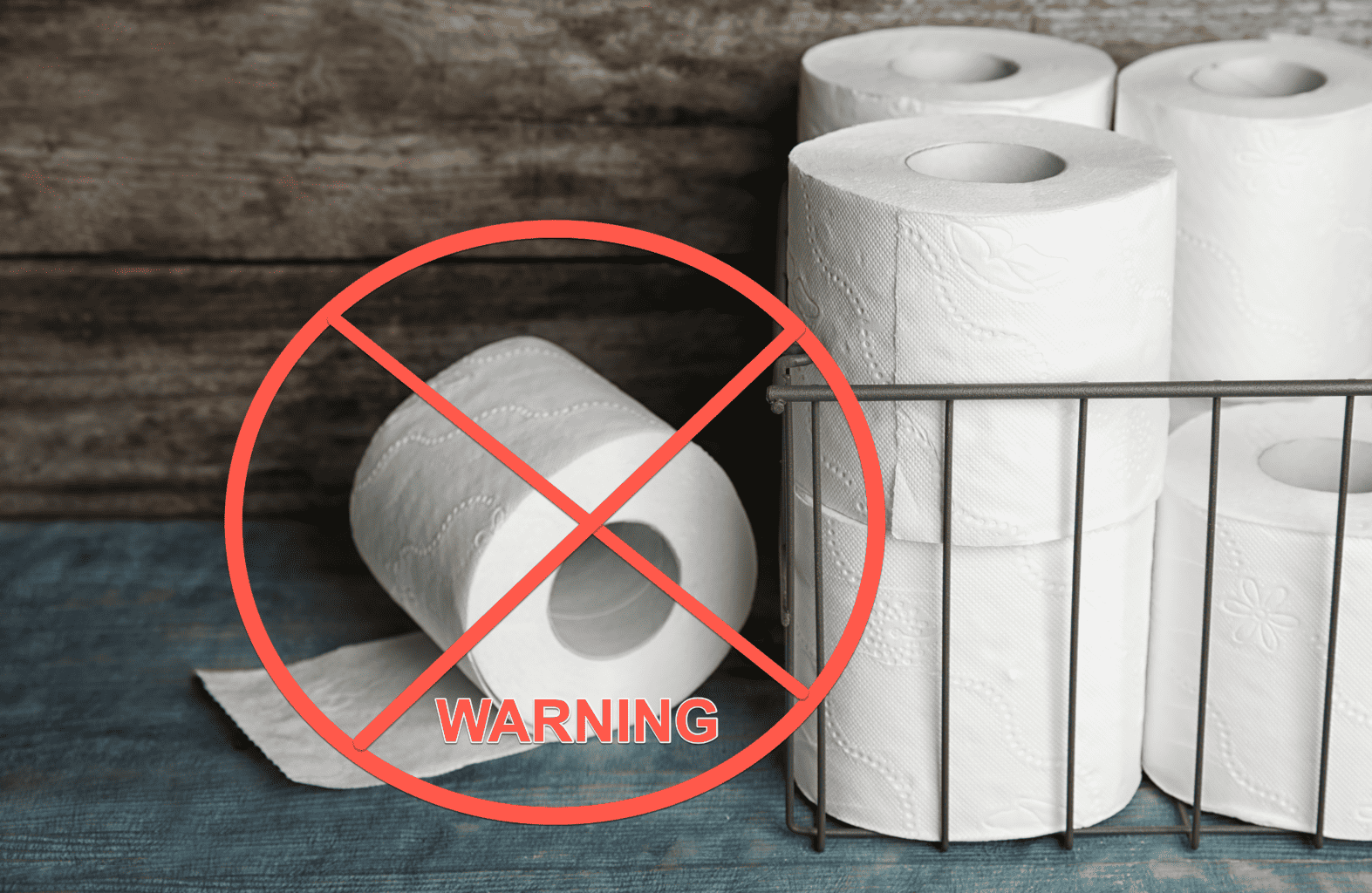
This makes a man’s member more sensitive to pleasure
Unsubscribe | Report as spam | Change email preferences
—-Important Message—-
How to feel more down there when you do it

Penile sensitivity is rarely talked about…
Yet it’s the leading cause of erections problems in men.
Most men don’t realize they are slowly losing sensation down there… slowly but surely over time…
By the time a guy turns 40 or 50, more than 80% of his penile sensitivity down there is GONE!
And that means less feeling, less pleasure…
…more grinding, more work…
And men are left feeling only a fraction of the pleasure they should be enjoying.
That’s why I came up with this simple Sensitivity Solution for men — restores full feeling and sensitivity to the penis for more pleasure
———-
Are you eating plastic? Crazy discovery
Plastics have become more and more common over the last one hundred years.
There are very few foods and drinks which now do not come in plastic packaging.
But plastics are not stable and inert.
Plastic elements end up in our food and drinks – and they can have potent effects on health.
One of these risk factors is something called phthalates.
Phthalates are chemicals used in plastic to alter its physical properties.
Recently, researchers looked into the effect of some of these phthalates on cholesterol.
The researchers found that phthalates can activate receptors which lead to increased cholesterol levels.
It’s another reason to avoid plastics as much as possible.

The animal experiments were carried out at the University of Kentucky in Lexington. The research was published in Environmental Health Perspectives.
In the last few decades, many plastic chemicals have become known as endocrine disruptors.
Endocrine disruptors are substances which throw our hormones out of balance.
At the same time, there are clear links between consumption of tiny amounts of plastics and increased risks of cardiovascular disease.
“Exposure to plastic-associated endocrine disrupting chemicals has been associated with an increased risk of cardiovascular disease in humans.”
These researchers were investigating the relationship between plastics, cardiovascular disease and cholesterol.
“However, the underlying mechanisms for this association are unclear.”
They turned their attention to something called the PXR – a cell receptor which can upregulate cholesterol production.
“Many endocrine disrupting chemicals have been shown to function as activators of PXR, which functions as a sensor but also has pro-atherogenic effects.”
They looked at the effect of a common phthalate called DCHP on PXR activation and cholesterol.
“We investigated the role of PXR to the adverse effects of DCHP, a widely used phthalate plasticizer, on lipid homeostasis and CVD risk factors.”
The researchers carried out numerous different types of experiments…
Including experiments using humanized animals – animals with human PXR.
“Cells and PXR-humanized mouse models were used to investigate the impact of DCHP exposure on PXR activation and lipid homeostasis.”
They found that this plasticiser activated PXR and led to increased cholesterol in all of the experiments.
“DCHP was identified as a potent PXR-selective agonist that led to higher plasma cholesterol levels in wild-type mice.”
The plasticiser also leads to elevated levels of ceramides – waxy substances which are linked to cardiovascular disease.
“DCHP exposure also led to higher circulating ceramides in a PXR-dependent manner.”
This plastic chemical has the ability to alter genes in the gastrointestinal system.
The GI system controls the production of cholesterol and ceramides.
“DCHP-mediated PXR activation stimulated the expression of intestinal genes mediating lipogenesis and ceramide synthesis.”
The PXR receptor is slightly different in different animals…
So the researchers made sure to verify their experiments in animals with humanized PXR.
“PXR-humanized mice were also used to replicate these findings.”
The research provides strong evidence that plastic contamination of foods can lead to increased cholesterol levels and increased ceramides.
“Our studies demonstrate that DCHP activated PXR to induce hypercholesterolemia and ceramide production in mice.”
Activation of the PXR can be added to the list of effects of plastic contamination of our food and drinks.
“These results indicate a potentially important role of PXR in contributing to the deleterious effects of plastic-associated endocrine disrupting chemicals on cardiovascular health in humans.”
The logic of this experiment was that increased cholesterol causes cardiovascular disease – so then chemicals which increase cholesterol can lead to cardiovascular problems.
The problem with this logic is that cholesterol does not cause cardiovascular issues.
But we already know that plastics increase the risk of cardiovascular problems anyway.
Now we also know that plastics also alter cholesterol levels.
Elevated cholesterol can be a sign of problems in the body.
The risk is that the problem is overlooked, and that only cholesterol levels are “treated”.
Simply lowering cholesterol won’t improve outcomes because cholesterol is not the problem.
For most of us, it’s impossible to completely avoid plastic contamination of foods and drinks…
But it IS worthwhile to take some steps to minimize your exposure.
—-Important Warning for Men—-
Are you wiping with toxic estrogenic toilet paper?

I’ve discovered a toxic estrogenic chemical hiding in 80% of all toilet paper brands…
And every time we wipe ourselves with this toilet paper, estrogenic toxins go directly through our skin and into our bloodstream…
Almost like we’re giving ourselves a toxic enema!
And this estrogenic toxin is directly linked to prostate problems in men, even cancer.
So here are the toilet paper brands to avoid if you want to protect your prostate
———-
